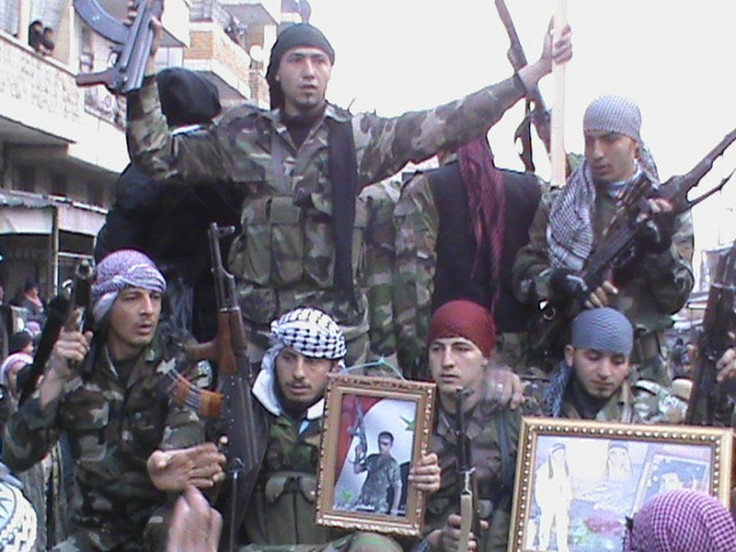Assad’s Amnesty: A Sign Regime is Crumbling?

Bloodshed and defections have continued in Syria despite a presidential amnesty and prompted the Arab League to consider sending troops.
Amid growing criticism, Syrian president, Bashar al-Assad, has granted a general amnesty "for crimes committed in the context of the events taking place since March 15, 2011", a statement read on Sana, a state news agency. It was the second amnesty he has granted.
But Assad's move may have come too late as defections and anti-regime protests continued over the weekend and the Arab League warned it might send troops.
Imad Ghallioun, a member of the parliament announced he had defected in an interview Al Arabiya television.
Ghallioun followed in the footstep of Mahmoud Sleiman Hajj Hamad, head of inspection at the defence ministry, who also quit.
One of Syria's most senior commanders, General Mustafa Ahmad al-Sheikh who was in charge of security in Northern Syria, defected from the army and will announce the formation of a military council with the FSA (Free Syrian army).
"This council, headed by Sheikh, will oversee military operations in conjunction with the Free Syrian Army," Fahad Almasri, his spokesperson, said. It will include high-ranking officers who will plan operations to be executed by the FSA.
"It will also help organise defections within the army and will be in contact with officers in the regular army to encourage large-scale rather than individual defections."
Formed from deserters from the regular army the FSA said it commanded 40,000 fighters but fears that the group was becoming more violent and less under control were growing.
The government's amnesty came as the Arab League chief, Nabil al-Arabi, said: "The Arab League general secretariat is examining whether it would be beneficial for the mission to pursue its work in light of the continuing violence.
"Maybe things are a bit calmer but [the violence] continues. The human conscience cannot accept that any person gets killed."
His comments came after Sheikh Hamad bin Khalifa al-Thani, Emir of Qatar , said in an interview with broadcaster CBS: "For such a situation to stop the killing some troops should go to stop [it]." He has become the first Arab leader to call for such a move.
© Copyright IBTimes 2024. All rights reserved.





